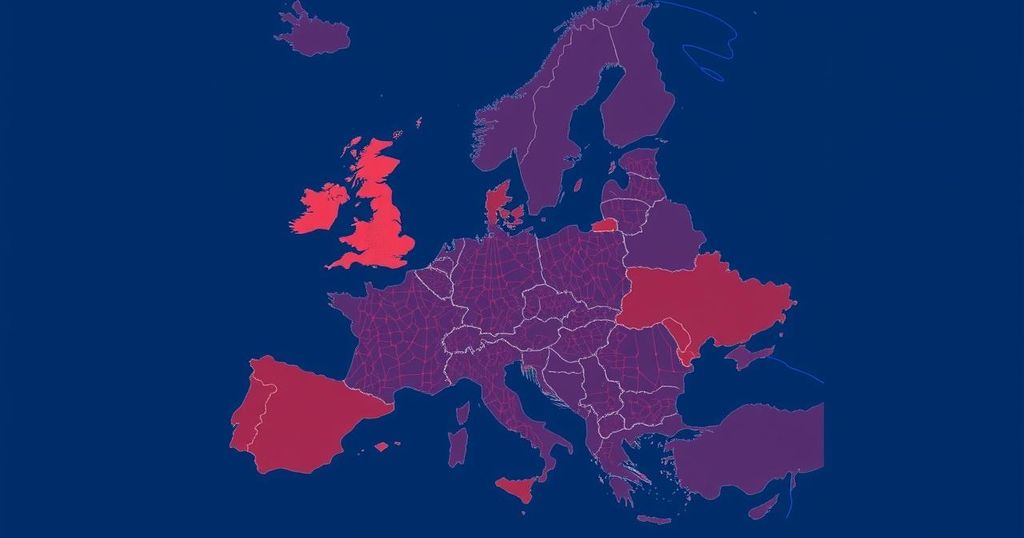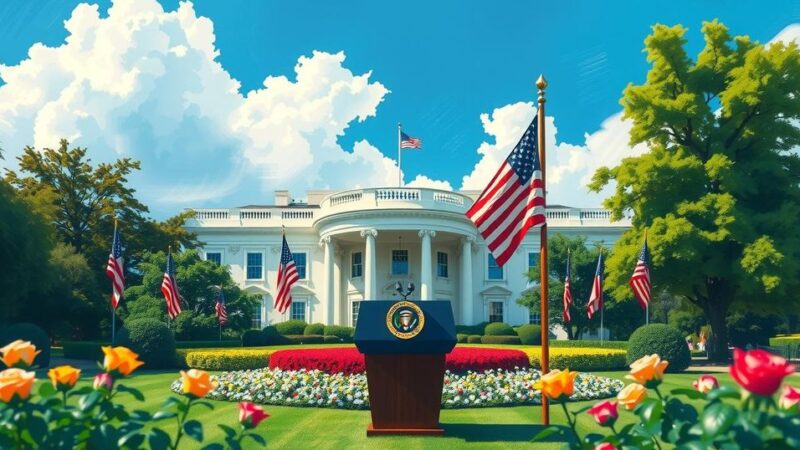Donald Trump’s election heralds a move toward unprecedented protectionism that could disrupt the global economy. His plans to impose substantial tariffs on imports, especially from China, will likely impact the European Union adversely, exacerbating existing economic challenges. While tariffs may seem appealing, evidence from Trump’s first term suggests limited benefits and potential harm to consumers, necessitating a strategic response from Europe.
The recent election of Donald Trump signals an impending shift towards protectionism—unprecedented since the 1930s—that is poised to have profound implications for the global economy. As the president-elect plans to impose tariffs ranging from 10% to as high as 60% on imports, including significantly on products from China, the European Union (EU) must devise an appropriate response during a time marked by sluggish growth and a lack of leadership. Trump’s protectionist rhetoric was a central theme of his campaign. He referred to tariffs as “the most beautiful word in the dictionary,” claiming they could rectify the trade deficit and revitalize domestic manufacturing. Nonetheless, these claims are misleading; tariffs are only a superficial remedy that fails to address the underlying macroeconomic issues driving a country’s trade balance, which is influenced by national savings, consumption, and investment. Historically, the US trade deficit increased significantly during Trump’s first term, contradicting his assertions that such measures would bolster industrial job growth. Furthermore, the imposition of tariffs unexpectedly elevated production costs by making imported components pricier, ultimately placing the financial burden upon American consumers rather than foreign manufacturers. Despite the evident economic shortcomings of the first iteration of Trump’s protectionist policies, they resonated politically with his base. However, the consequences may be detrimental, as the National Retail Federation has indicated potential reductions in consumer purchasing power amounting to $46 billion to $78 billion in essential goods. These developments suggest that Trump’s strategies to combat inflation could inadvertently exacerbate it, presenting a paradox that warrants careful consideration. The challenges that Europe faces in responding effectively to Trump’s protectionism must not be underestimated. Without decisive and cohesive action from the EU, there exists a genuine risk of exacerbating its current economic sluggishness amidst rising pressures from global competitors like China. Ultimately, it is clear that the fallout from Trump’s policies could lead to broader economic ramifications, affecting not just the US but also the global trade landscape, thus necessitating strategic foresight from nations worldwide as they navigate this uncertain terrain.
Donald Trump’s election has introduced a protectionist agenda that threatens to reshape the global economic landscape. His promise to impose hefty tariffs on imports aims to bolster American manufacturers but raises concerns about the economic fallout, particularly for trading partners like the European Union, which must respond to this emerging trade threat without strong leadership or robust growth. Understanding the historical context of protectionism and its limited utility in altering trade balances is crucial to addressing these economic challenges.
In conclusion, Trump’s election and the subsequent shift towards protectionism pose serious risks to the global economy, especially for European nations already grappling with leadership and growth issues. While Trump’s promises appeal to his voter base, the actual economic impact raises questions about the viability of his strategies. European leaders must urgently develop a coordinated response to these challenges in order to safeguard their economies against rising protectionist threats.
Original Source: www.lemonde.fr






